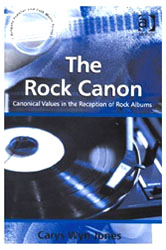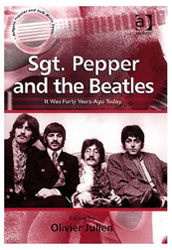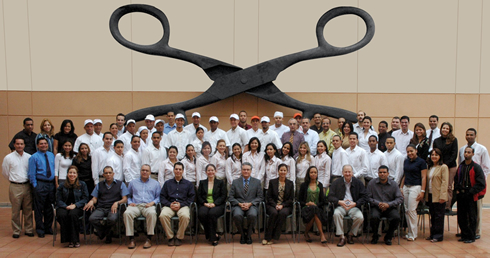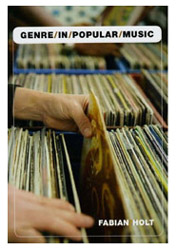Michael W. Morse
Twenty Years After: A Review Essay of Musicological Identities (1)
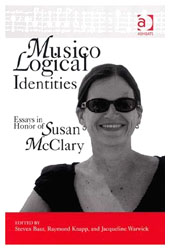
Steven Baur, Raymond Knapp, and Jacqueline C. Warwick (eds)
Musicological Identities: Essays in Honor of Susan McClary
(Aldershot, England; Burlington, VT: Ashgate, 2009) (2)
i
It has been nearly twenty years since the publication of Susan McClary’s provocative Feminine Endings. The appearance of a festschrift, with contributions from her most reliable students and acolytes, presents a suitable occasion to rethink the contribution to musicology of McClary and her school. I believe, first of all, that we can speak straightforwardly of a ‘school’. There are a number of important orientations, principles if you will, that unite these authors in their diversity, marking them together ideologically, and apart methodologically from other versions of musicology; they form a major strand of the so-called New Musicology® (3). Historically, perhaps first among these principles were regular and fervent proclamations of ideological distance from (and hence disinterest in) ‘traditional’ musicology and its outmoded scholarly paradigms; such edicts often took the form of tabular lists of the virtues of ‘us’ and the flaws of ‘them’ (4). Musicology’s paradigm—the singular is deliberate—is considered methodologically superseded because it ignored social context in favour of a chimerical abstract called ‘the music itself’, and morally outdated because it espoused elitist canons of white male privilege, intellectually as well as musically. Continue reading

